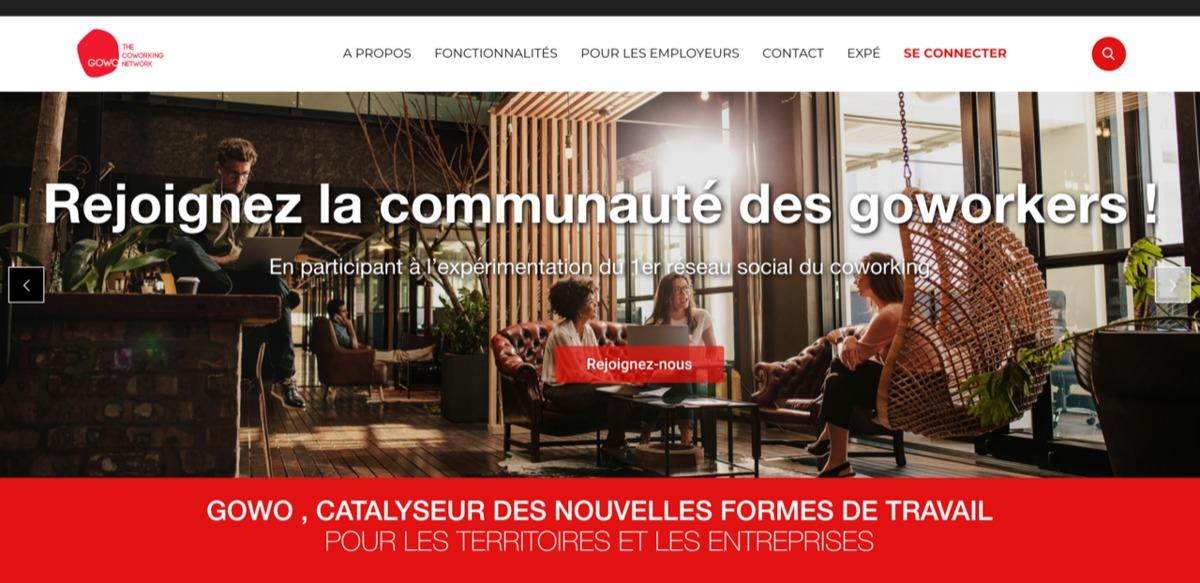Network of shared workplaces in the Greater Geneva area
Project details
An INTERREG France-Switzerland cooperation project has been set up to encourage the development of new forms of work in Greater Geneva with the aim of reducing commuting. A preliminary study first measured the expected effects and confirmed the interest of the people concerned. The implementation conditions were defined to create the first global network of shared workplaces covering an entire area (not just the city centre). The second phase of the project then focused on the main levers identified: support and awareness of employers, support for the development of outlying areas, and creation of tools to facilitate co-working and coordinate the network.
Qualitative benefits
- Travel reduced by up to 6% in the urban area, i.e. nearly 12 million trips per year and 30,000 tons of CO2 avoided
- A new economic market generated, estimated at around €35 million of annual turnover for the investors and managers of these locations
- An area including 1 canton, 1 district and 9 inter-communal authorities interconnected: cross-border collaboration reinforced
Stages of the initiative
Impacts of the network central to the challenges of Greater Geneva, which allowed the various partners of the area to subscribe:
- Mobility and energy transition (demobility and quality of life)
- Land development (property optimization, development of existing premises/buildings)
- Economic development (support for entrepreneurship and innovation, business competitiveness)
Areas of activity
Project stages:
1) Preliminary study (2013-2015)
2) Implementation (2015-2018)
Driving forces:
- Support from local authorities (Canton de Genève and Canton de Vaud, Swiss and French towns in the Greater Geneva area) and other partners (GIS, FTI, CCIG, Caisse des Dépôts)
- Commitment of existing co-working spaces in the area
Obstacles:
- Time needed to involve a wide variety of stakeholders, the inherent difficulty in a multi-stakeholder, cross-border project
- Difficult to obtain commitments from some elected officials and employers in the area on a subject whose issues are not always well known or understood


